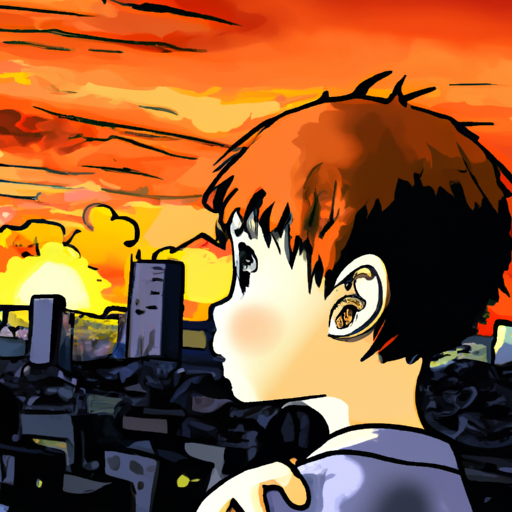This news feature tells the powerful story of a seven-year-old child who lost their parents in the atomic bombings of Hiroshima during World War II. The piece explores the hardship the child endured, including hunger and loneliness, as well as their eventual recovery. It brings to light the resilient human spirit, while also addressing the devastating real-world consequences of wars.
In Japan, the aftermath of the atomic bombings is a topic deeply ingrained in societal consciousness, marked by annual memorial ceremonies. The tales of hibakusha, or atomic bomb survivors, are carefully preserved and shared to remind the population of the horrors of war, serving as poignant calls for peace. Japanese society highly values stoicism, perseverance, and respect for history.
Compared to the US or EU, similar themes of personal hardship and historical trauma provoked by warfare are addressed through various memoirs, documentaries, and public discussions. However, unlike Japan, there is not the same collective remembrance tied to a singular event of such magnitude. Survivor tales are often individualized rather than commemorative, and public impact varies.

